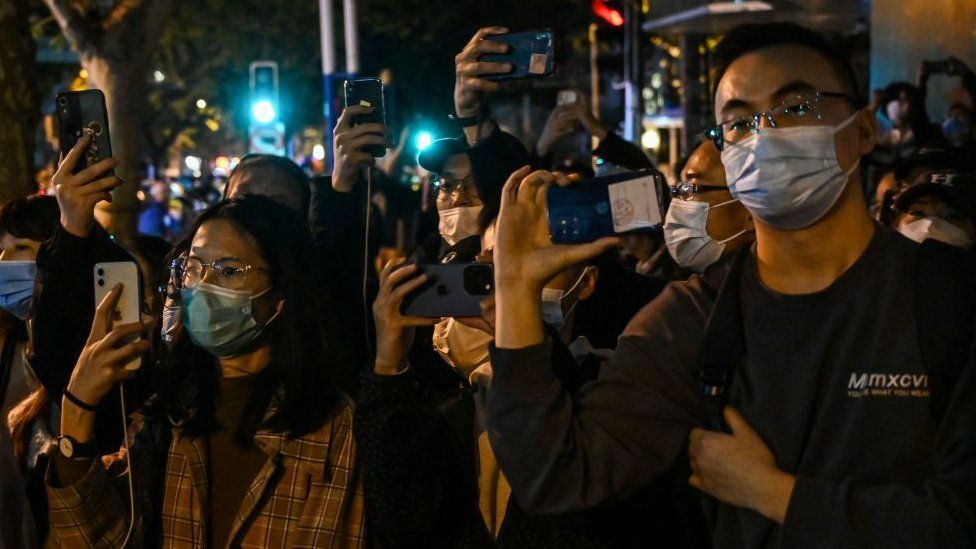China targets AirDrop and Bluetooth in censorship crackdown proposal

China is looking to impose restrictions on mobile file-sharing services such as AirDrop and Bluetooth, in an effort to expand its censorship capabilities. The country’s national internet regulator has initiated a month-long public consultation on the proposals, which aim to prevent the spread of illegal and “undesirable” information. Activists are concerned that this move will further limit their ability to mobilise and share information, as file-sharing services have been crucial tools in China’s tightly-controlled internet landscape.
In recent years, anti-government protesters have frequently used AirDrop to organise and share their political demands. For example, last October, activists shared anti-Xi Jinping posters using AirDrop on the Shanghai subway while the Chinese president was awaiting a historic third term. AirDrop is particularly popular among activists due to its reliance on Bluetooth connections between close-range devices, enabling the sharing of information with strangers without revealing personal details or using a centralised network that can be monitored.
However, after Xi Jinping secured a third term, Apple released a new version of AirDrop in China, limiting its scope. Chinese users of iPhones and other Apple devices now have a 10-minute window to receive files from non-contacts. After 10 minutes, users can only receive files from contacts. Apple has not explained why the update was first introduced in China, but the tech giant has faced criticism for appeasing Beijing in the past.
The latest move is seen by activists as suppressing the few remaining file-sharing tools available to them, although China defends these regulations as necessary for national security and public interest. The proposals unveiled by the Cyberspace Administration of China require users to “prevent and resist the production, copying and distribution of undesirable information”. Non-compliant users must be reported to the authorities, according to the draft regulations. Users are also required to register with their real name before using file-sharing services, and the services must be turned off by default.
Human rights activist Lin Shengliang, based in the Netherlands, says that the Chinese authorities are desperate to plug internet loopholes to silence opposition voices and warns that more regulations could follow. Lin left China after being briefly detained in Shenzhen for printing T-shirts featuring a quote from an exiled Chinese businessman and political activist. He compares the situation to George Orwell’s dystopian novel 1984.
Phone and app developers wanting to continue operations in China will have to comply with the new rules or face removal from app stores, according to an anonymous software engineer. The new regulations target the features that activists find useful about file-sharing, such as sharing content with strangers without waiting for their acceptance of the files or permission to pair devices. The regulations also include a feature allowing users to place specified contacts on a “blacklist”, effectively blocking certain devices from sharing files, and a provision for users to register complaints.
Although users may still be able to bypass these restrictions using virtual private networks (VPNs), activists worry that the number of people doing so will be too small to make a significant impact. However, Lin believes that the recent wave of protests in China, sparked by zero-Covid measures, indicates a new political awakening that will not be easily suppressed. “We will find new ways to speak up,” he said. “If we are bold and we stand together, we will not be silenced.”
Latest Thailand News
Follow The Thaiger on Google News:


























